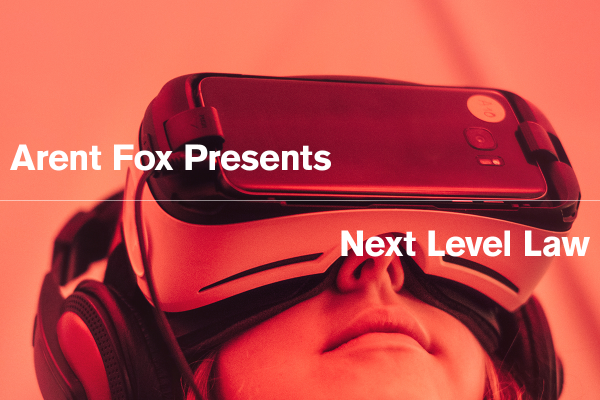Insights on Privacy, Data Protection & Data Security
364 total results. Page 8 of 15.
Data protection authorities in the UK and France have released updated guidance for website operators that use cookies on their websites.

While the US data privacy landscape is rapidly changing, there appears to be some helpful news for the automotive industry. Notably, the auto industry may receive the benefit of being exempt from the impact of two of the more rigorous state privacy laws that have entered the legal landscape.
Headlines that matter for privacy and data security.

The Federal Trade Commission (FTC) recently released updated data security guidance in connection with a proposed settlement with LightYear Dealer Technologies, LLC (dba DealerBuilt), a service provider for the auto dealer industry.
Behind the Screens: Headlines that matter for privacy and data security
In addition to monetary harm, the Federal Trade Commission (FTC) recently reiterated the fact that nonmonetary injuries resulting from privacy and data security violations are likely to attract its attention.
The California Senate appropriations committee recently blocked a bill that would have significantly strengthened consumer rights under the California Consumer Privacy Act of 2018 (CCPA).
Headlines that matter for privacy and data security.
The Federal Trade Commission (FTC) recently announced that it has settled charges against a company called UrthBox, Inc., that allegedly promoted misleading consumer reviews and that failed to disclose key terms of its “free trial” offers.
The Federal Trade Commission recently announced the launch of the Technology Task Force, which has been designed to monitor, investigate, and take enforcement actions against anti-competitive conduct and industry practices in US technology markets.
It’s been 10 months since the California Consumer Privacy Act of 2018 (CCPA) was signed into law, and the retail sector is grappling with ways to comply. The law goes into effect January 1, 2020, but the time to prepare is now.
The governor of Utah recently signed legislation requiring state and local law enforcement agencies to secure a search warrant from a judge before obtaining anyone’s electronic data.
As of April 10, 2019, businesses victimized by data breaches must comply with heightened requirements under the newly-amended Massachusetts data breach notification law, Mass. Gen. Laws Ch. 93H, §§ 1, et seq.
The US Federal Trade Commission announced recently that it will hold a public workshop on August 7, 2019, to examine consumer protection issues related to video game “loot boxes.”

“Level Up” with Arent Fox as we address the latest legal challenges at play in esports and innovative gaming and how businesses can remain competitive in an advancing industry.
Headlines that matter for privacy and data security.
After a two year transitional period, Section 500.11 of the New York State Department of Financial Services’ Cybersecurity Regulation, which addresses third-party security, is in force as of March 1, 2019.
Headlines that matter for privacy and data security
Guess was recently tagged by the European Commission for engaging in “geo-blocking,” a practice by which consumers are restricted from accessing certain Internet content based upon geographical location.
Headlines that matter for privacy and data security.
The California Consumer Privacy Act (CCPA) is a new landmark privacy law that formally went into effect on January 1, 2020, imposing additional requirements on covered entities, including data brokers.
The Recorder has selected Eva Pulliam, a Senior Associate in Arent Fox’s Privacy, Cybersecurity & Data Protection group, as a “Next Generation Leader” in their 2018 list of Women Leaders in Tech Law.
Starting on January 1, 2020, automotive dealers will need to comply with the strongest online privacy law in the United States, the California Consumer Privacy Act of 2018.
This August, Ohio became the first state in the nation to pass a law incentivizing organizations to develop a strong data protection and cybersecurity program.